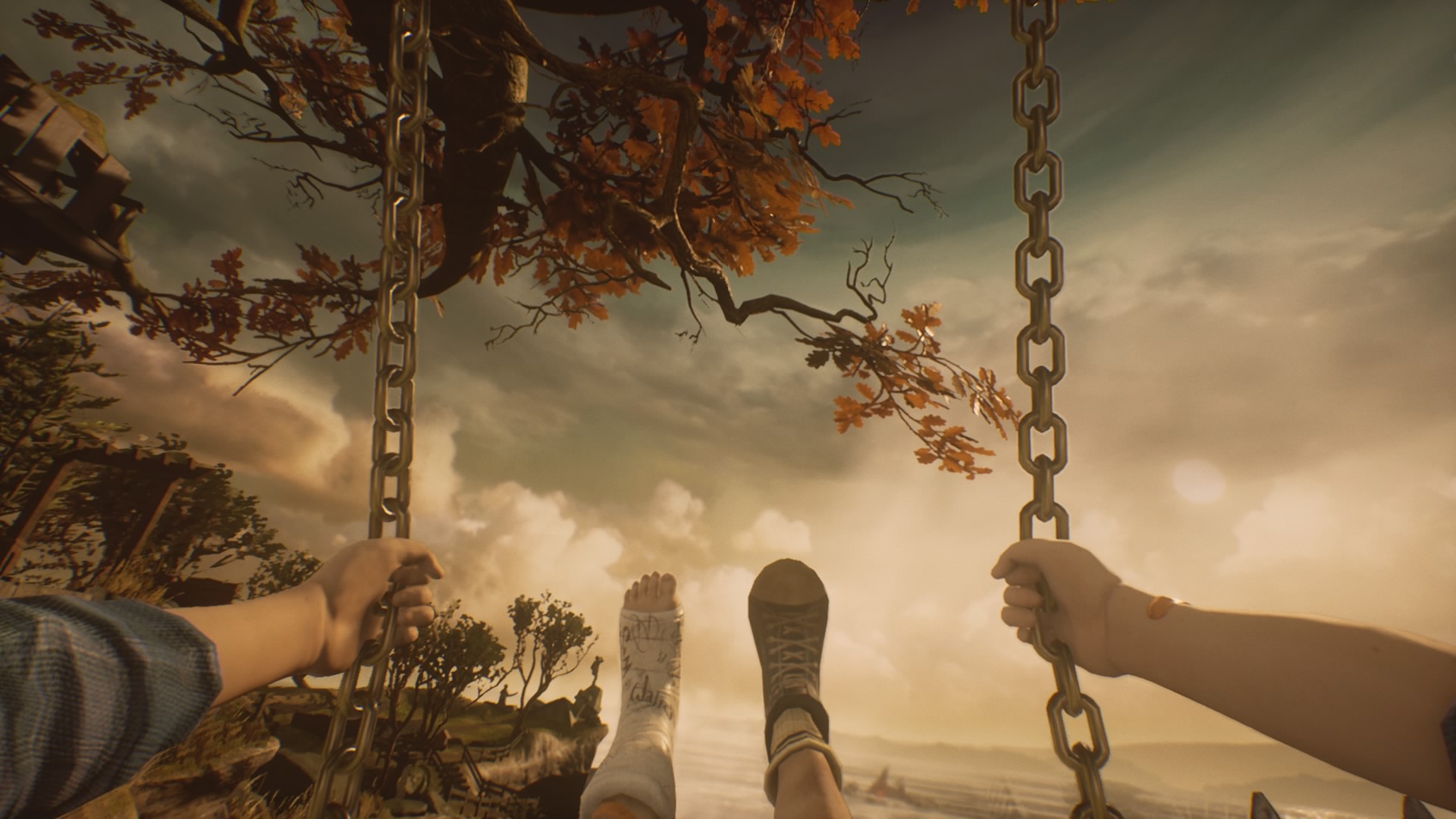For ten years, a full-fledged narrative games market has emerged in the industry: they have their own specific audience and special requirements for game design. The author of the hit What Remains of Edith Finch, Ian Dallas, explains how the expectations of players and their feedback allow the genre to develop, but at the same time they also slow down its development.
“To make games that will be defined primarily as “narrative”… I don’t think I’ve seen anything like this ten years ago. It’s amazing how much we’ve expanded the possibilities of what a game can be at all,” Dallas said in an interview with GamesIndustry.
According to him, the industry as a whole has become more conscious of storytelling in games, and this trend is supported by both developers and players. Among the first there are many professionals who would like their game to tell a complex and exciting story, but for a long time the creation of such projects was hampered by the fact that it was difficult to find funds for them and even more so to wait for profits.
The success of games with a complex and developed narrative has greatly helped a variety of developers around the world, now they can tell their bosses: “I want to do something like this, and you see, it won’t necessarily be a niche product. The players are already used to it,” explains Dallas.

Screenshot from What Remains of Edith Finch
Players, he continues, really welcome experimental games, saturated with narrative elements: users are particularly fond of intricate plots and richly written characters of heroes. However, as far as narrative techniques are concerned, the same users tend to support the narrative techniques they are used to.
“Look at Horizon Zero Dawn — many players have really loved this game, but in many aspects it remains very traditional. <…> It’s not the developers who don’t want to try new things and experiment – it’s the players who are already used to the fact that, for example, in such a game there should be cutscenes, in such and such should not, this applies to any conventions adopted for a particular genre. And users are not only used to it, they also get angry when they don’t see these familiar elements.”
Ian Dallas worked on a series of Sam & Max quests from Telltale Games and The Unfinished Swan adventure game, which won the love of critics, but not very popular with a wide audience. Dallas’ latest project is What Remains of Edith Finch, which won the British Academy of Film and Television (BAFTA) Award as the best game of 2017. SteamSpy service estimates the number of owners What Remains of Edith Finch in 200-500 thousand users.
Also on the topic:
- White Nights Helsinki 2016: Suricate Games about Narrative Design
- Developer’s Library: how Her Story works
A source: GamesIndustry
